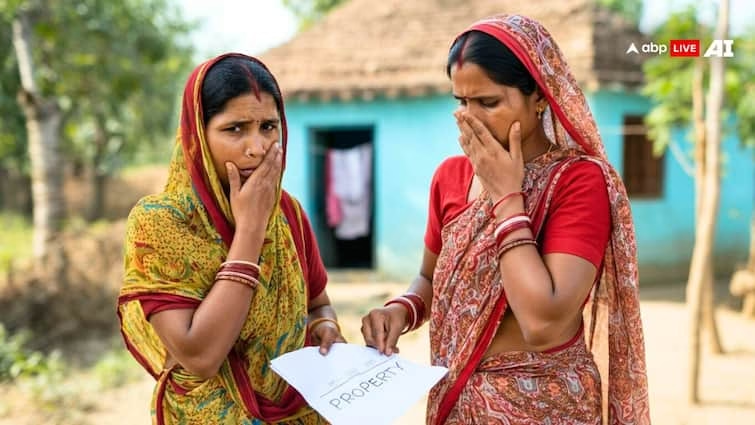People of many religions live in India. Which mainly includes Hinduism, Muslim, Sikh, Christian, Jain, Buddhist. But do you know how property is divided in India and what is the law about it. For example, if the father dies without writing a will, then in that case we will tell you about it in the property.
How do you get part in property?
Now the question is that if a father does not write a will before his death, then in that case, how will the property be divided in the children and what is the law about it. In that case, the property will be divided on the order of the court or can siblings be divided by mutual consent. Today we will tell you about the rules related to it.
Personal law
Please tell that there is a personal law in India regarding marriage, property sharing. There is Hindu personal law for people of Hinduism, while Muslim personal law is for people of Muslim religion. Hindu personal law includes Veerashaiva, Lingayat, Brahma, Prayer, Arya Samaj. Apart from this, Hindu personal law also applies to people of Buddhist, Jain, and Sikhism. In an easy language, if a Hindu girl wants a share in her father’s property, then she will get a Hindu personal law under the rules and a Muslim girl wants a share in the property, then she will get a share in the property through Muslim personal law.
How will you get a share without a will?
Now the question is that if a father does not make a will before dying, then how will the girl of that house get a share in the will in that case? Please tell that a hearing has been held in the Supreme Court regarding this matter. According to the court order, if a Hindu father dies without a will, then his father or mother will get the property inherited by his father. Whereas her husband or father -in -law inherited property will be given to her husband or father -in -law’s heirs.
What does the rule say?
Please tell that if the father dies without a will, then his first entitled of his property is his wife. At the same time, after the passing of the mother of the children, their children of that property become shareholders of the property. At the same time, property in Hinduism is divided according to the rules of the Hindu Succession Act. But if the father has refused to give a share in his property to the daughter, then the daughter cannot do anything. At the same time, according to Muslim personal law in Muslim religion, daughters are given half a part of the father’s property against the brother.
Also read: What will happen if a Jain girl marries a Muslim, will you get a share in ancestral property or not?

